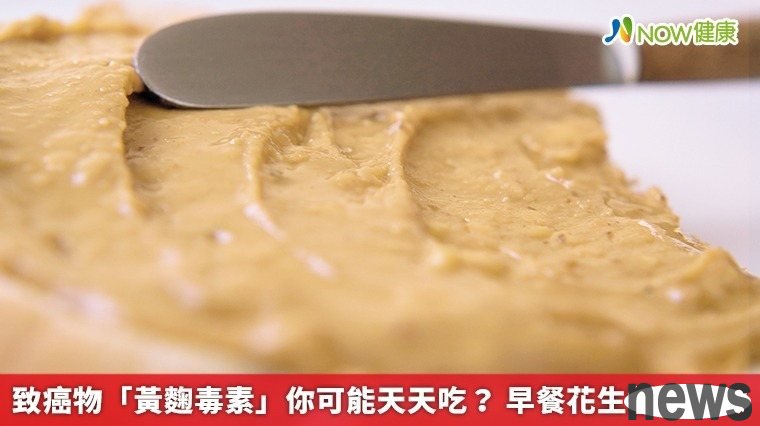
Can you also suffer from liver cancer without drinking? Recently, a doctor wrote a case of a female patient in her face: a mature woman who has no habit of alcoholism and has no alcoholism, and she has liver cancer. The doctor recommended: The person involved likes to eat peanut sauce. He has been eating peanut sauce toast for breakfast for the past decade. It is suspected that he has cancer due to peanut sauce stained with yellow koji toxin.
I believe everyone has heard of Huang Qu toxin. Li Siqin, a doctor at home, explained in FB's "Doctor Sisi, a good friend who will accompany you in health": The temperature that Huang Qu Yan likes is a warm and humid environment, and the environment in Taiwan is particularly suitable, so you must pay attention to wind and time when storing food. Yellow koji toxin is not enough to heat it up. Its heat resistance can reach 260 to 280 degrees Celsius, and it is generally difficult to eliminate when cooking. The groups that are more likely to be affected by yellow toxin include: people who drink for a long time; some are taking liver lipid medicines, pain relief medicines, etc.; people who eat peanuts for a long time; and those who take liver B and C livers.
Yang Zonghai, director of the Clinical Toxic Drug Center of Linkou Chang Geng, said that the production of liver cancer is usually caused by multiple factors, which is difficult to deal with a single cause. However, peanut foods are easily infected by yellow koji toxin if stored incorrectly, and yellow koji toxin has been announced by the WHO IARC as a first-class carcinogen. Long-term contact may cause abnormal liver function, cirrhosis and even increase liver cancer risks.
Jong Zonghai reminds people who love peanut sauce that peanut sauce is likely to become moldy when placed indoors or in a damp environment. Be sure to remember that it must be refrigerated after being sealed; of course, you still need to pay attention to the shelf life after refrigeration, and check whether there are any bacteria before eating.